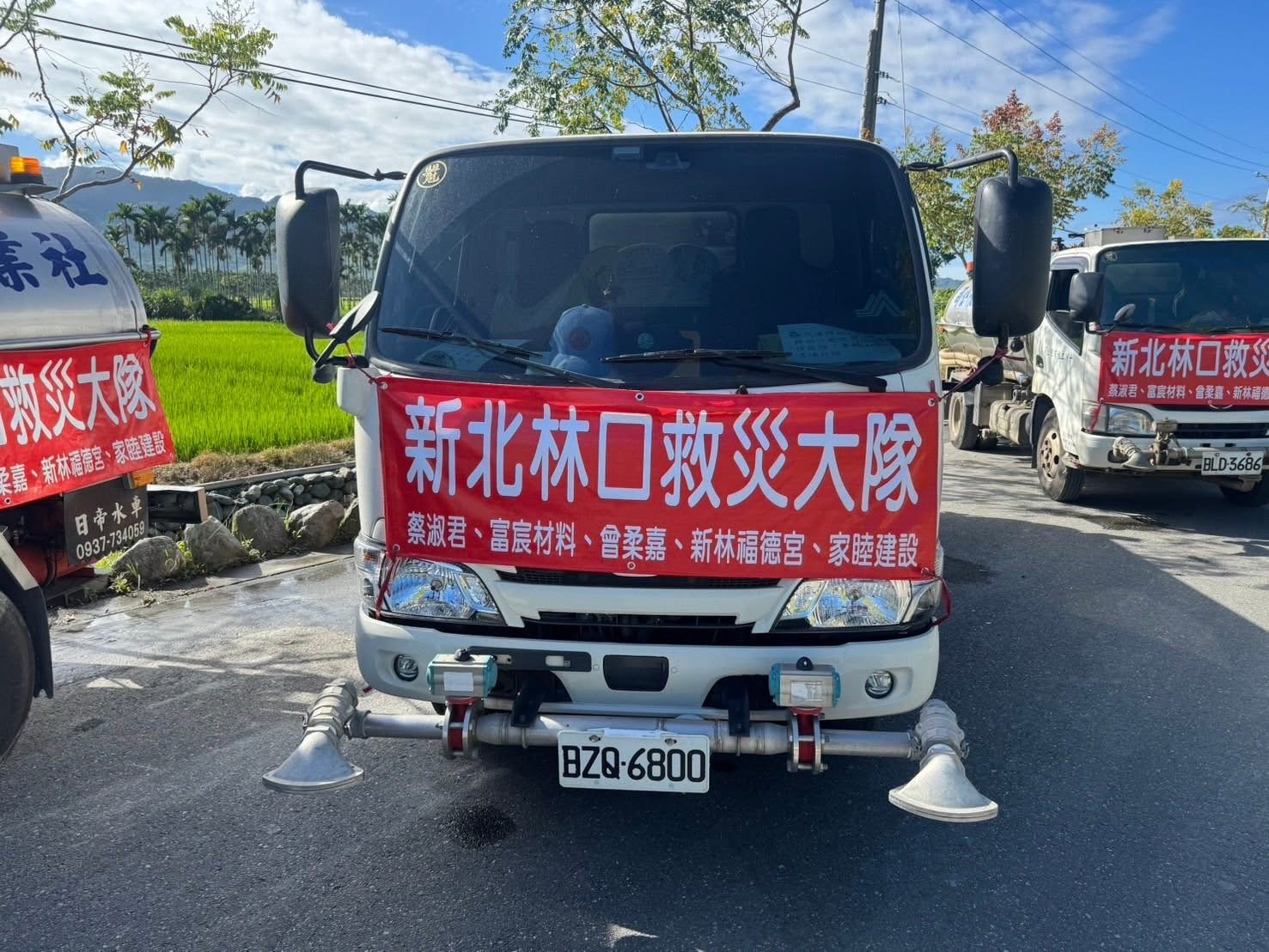CHAIN TOGETHER WIN TOGETHER
We are committed to deliver only the finest quality products, by doing so it allows us to aid in semi-conductor, electronic, green energy and petrochemical that serve humanity both today and in the years to come.
About us
Innovation Together
We understand that chemistry is not simply about scientific principles, and business is not only about the exchange of goods and services. Chemistry is a tool for understanding and meeting human needs, and business is about building relationships and working together to improve our world. We are committed to deliver only the finest quality products, by doing so it allows us to aid in semi-conductor, electronic, green energy and petrochemical that serve humanity both today and in the years to come.
Aimed to help accelerate research and development through offering a wide variety of initiatives, including project valuation, collaborative R&D, upscaling trials, joint manufacturing ventures, and to contribute significantly to humanity, both now and in the future.

From Disaster Relief to ESG Action: FullChain Materials Fulfills Corporate Responsibility
Typhoon Huajiasa caused severe flooding in Guangfu Township. FullChain Materials International Co., Ltd. promptly donated funds to support reconstruction and emergency relief.
All donations are managed transparently to reach those most in need, reflecting the company’s commitment to responsibility and giving back.
This action highlights ESG priorities:
Environmental: Strengthening conservation and climate risk management.
Social: Supporting disaster response and vulnerable groups.
Governance: Ensuring accountability and transparency through formal processes.
FullChain Materials will continue to act for society, building resilience and sustainability together.
It’s time to think about our planet, go green
The speed of innovation is raising the bar for quality and performance. We provide science-based solutions that keep you on the cutting edge.
Why Choose Us
Let’s transform the world together
The speed of innovation is raising the bar for quality and performance. We provide science-based solutions that keep you on the cutting edge.
Collaborate with top-notched suppliers and customers
Self-owned warehouse to meet customers’ real-time need
Worldwide customer approval
Can be reached easily. On-site service upon request.